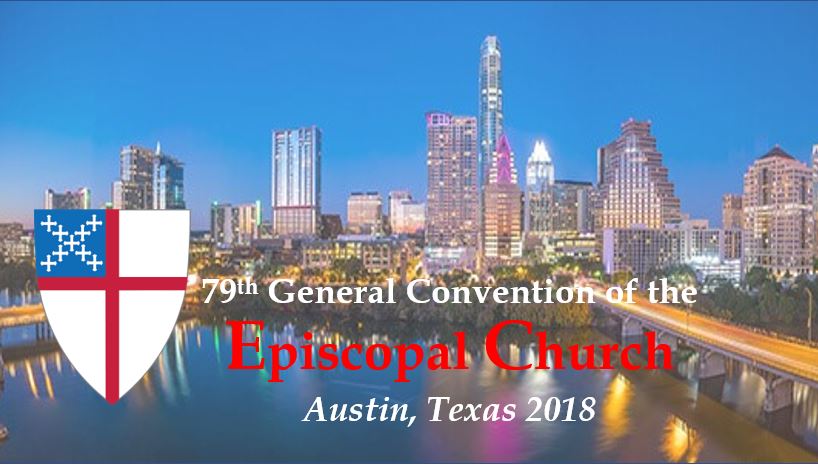by Jim Papile
A decade or so ago Trinity Church Wall Street offered a once in a lifetime program for clergy on leadership. Innovative thinkers from places like the Harvard School for Public Policy came to share cutting edge ideas. One of the central components of the program was the work of Ron Heifetz, especially his use of Adaptive and Technical to understand change efforts. This came to mind as I was reading a New York Times opinion piece by Tom Friedman about the “complex adaptive coalition” which is revitalizing places like Lancaster, PA.
Being on the eve of the 79th General Convention of the Episcopal Church I would like to recommend a reading, or for some a re-reading of both the article and the work of Heifetz. I believe there is much to ponder here.
Here’s a quick reminder (my language).
Technical
Looking for quick solutions.
Driven by Experts.
Divide problem into components.
Provide answers.
Acceptance.
Adaptive
Long term introspection
Input from all concerned
“Big tent” thinking
Look for better questions
Resistance
Serving as a deputy to General Convention from the Diocese of Virginia during the previous five gatherings, it is my sense that the convention format as we know it lends itself strongly to the technical side. Voting on such important issues as current immigration policy, or the treatment of Palestinians in Israel, or prison reform, or racial and gender full inclusion may give us a feeling of accomplishment, but what really changes? Many of these issues have been voted on convention after convention. Have we dealt with the issue of shrinking, aging congregations? Have we talked about what could make the Church more relevant to the outside world?
I found that the most exciting and hopeful gatherings at the past few conventions were people coming together at the end of day’s business, off the floors of the houses of Bishops and Deputies. Freed from the constraints of assigned seats and Rules of Order, I have witnessed imaginative and, most importantly, exciting ideas. Conversely, overloaded agendas, crowded schedules mixing social and business, and exhaustion has forced those involved into technical thinking patterns.
I remember that just a few conventions ago the first several days of deliberation were consumed by teaching the House of Deputies how to vote electronically.
But having said this I have also seen glimpses of hope. In recent conventions there has been an impetus to bring the two houses closer together, both in legislation and in spirit. Where there was once a distinct sense of us versus them there is now a feeling of togetherness. So where might this lead us?
General Convention officially has started; the legislative agenda is essentially set. Maybe there’s not a lot that can change in Austin in the next two weeks. Still, let me encourage you if you are going, in whatever capacity, to take the time to find those small adaptive groups. The ones meeting after the busy days of worship, serving on committees, and deciding legislation. Ask the hard questions, keep telling yourselves that everyone, inside and outside of the room has a piece of the puzzle to share.
The Rev. Jim Papile
Diocese of Virginia, retired

